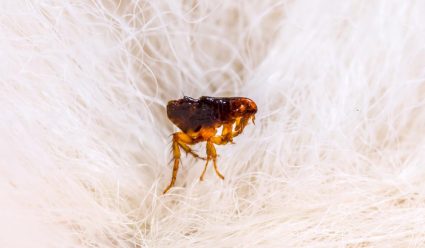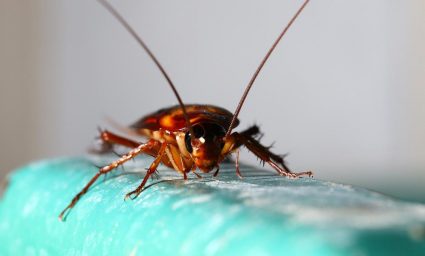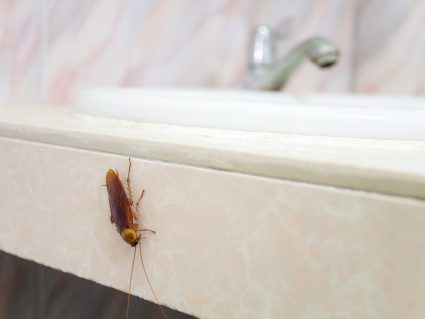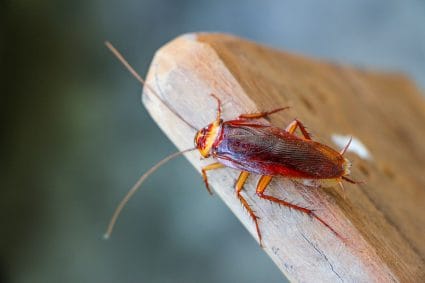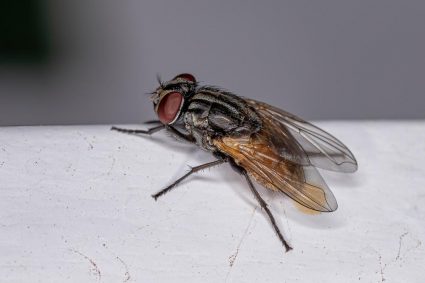
The deck box is an extremely practical storage solution that can be used for various outdoor tools, objects, and even furniture. But how do you keep pesky mice out?
This is a question that, if not answered, can cause a severe level of damage.
Have you noticed that mice are visiting your deck area more frequently lately?
It would be best if you took action to stop mice from entering your deck because they can spread diseases and harm your home’s structure.
Fortunately, there are several simple techniques to prevent mice from accessing your deck box.
Controlling mouse infestation near decks involves following specific preventive measures, such as placing various forms of baited captured devices within a 70 mm radius of adjoining walls/fences.
Some effective ways to help keep mice away from your deck box include:
- Covering moist surfaces.
- Regularly updating insulation materials.
- Reducing spills.
- Keeping premises generally clean.
If you don’t stop mice from invading your deck box, they might cause significant damage and property loss in severe cases.
This article will discuss why keeping mice away from your deck box is important. We will provide some tips to help keep mice out of your deck.
Why Should You Keep Mice Away From Your Deck Box

If you only glance at mice, you might assume that they are just innocent little rodents that won’t cause too much trouble, but if you do nothing to stop them, they can soon become quite a problem!
The following are some of the reasons why you should make every effort to prevent mice from accessing your deck box:
1. Safety Risks
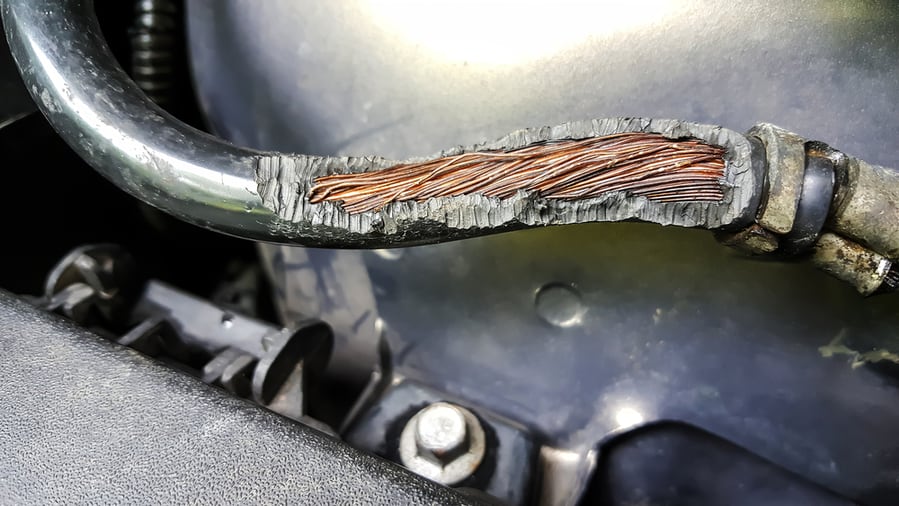
Mice are capable of chewing through wood and other materials such as plastic or wiring, which poses potential health and safety issues if the problem is not treated promptly.
This habit of chewing is not exclusive to deck boxes; mice will gnaw on anything close to their nesting location, including power lines and furniture upholstery.
2. Disease

Due to the proximity of the several colonies of rats that live around your home, the accumulation of their droppings, urine marks, and the bad smell that emanates from the areas of their nests where they congregate can cause a variety of health issues.
In addition to the risk of salmonella poisoning, there is also the possibility that fleas can transmit bacteria into the air, so polluting it with dangerous germs.
This places anyone who breathes in this air at a significant risk of becoming ill shortly after doing so.
3. Food Spoilage and Contamination
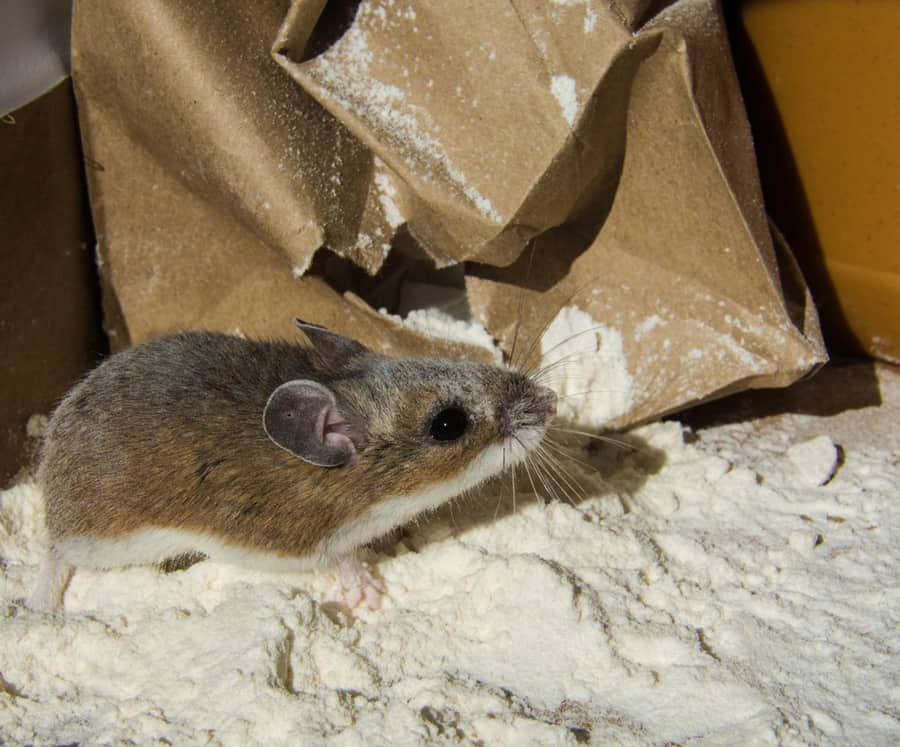
Mice frequently chew holes in cardboard packaging as they look for whatever edible item they find within, which causes food to degrade much more quickly than one would ordinarily anticipate.
Even when these obnoxious critters do not directly destroy the food, mice are a nuisance.
4 Tips To Help Keep Mice Out of Your Deck Box
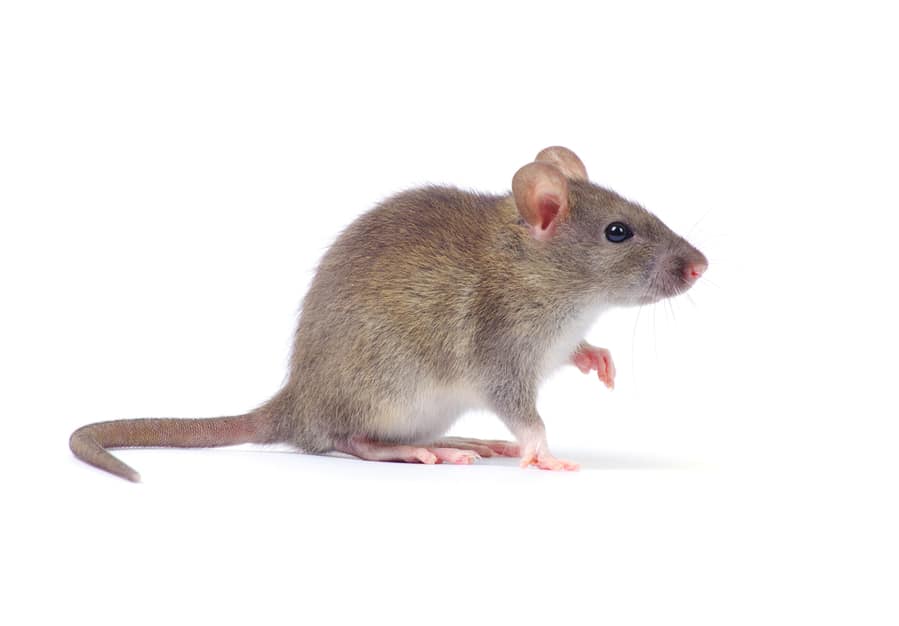
Here are some tips to help keep mice out of your deck box:
1. Keep a Regular Cleaning Schedule

To eliminate the possibility of rodents invading your deck box, you should make sure to clean it thoroughly and remove any residues of food or crumbs that could appeal to them as a source of sustenance.
Before placing anything inside the box, ensure that it has been thoroughly cleaned and that the area surrounding it has been swept.
2. Use Repellants

If cleaning isn’t doing the trick, you can try putting chemical repellents around the outside of your deck box to ward off mice.
Some examples of these repellents include peppermint oil and predator urine.
Ensure that any spray you use is non-toxic so that animals that come into contact with your home or live nearby will not be exposed to potentially harmful substances.
3. Block Entrances
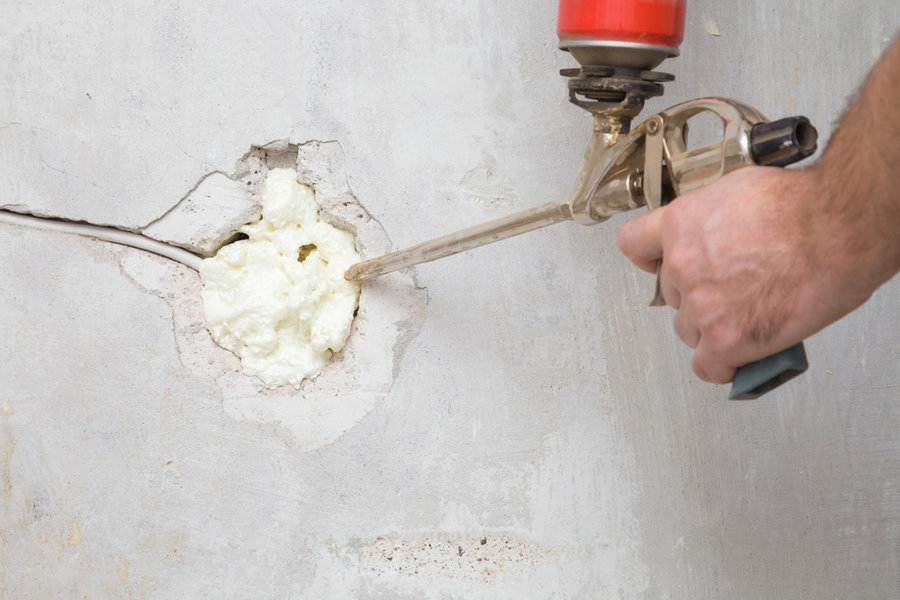
Mice are agile animals that can squeeze through extremely narrow spaces if given a chance.
Due to this, it is essential to perform routine inspections of areas that mice might be able to access, such as holes in the ground or the joint between two pieces of flat-pack furniture.
If you find any cracks or crevices, you can easily patch them up with foam sealant, which can be purchased at most hardware stores.
In addition, please double-check that the door of your deck box is securely fastened every time you use it; otherwise, uninvited visitors, such as mice, can find a way to stay there for an extended period.
4. Rely on Natural Materials

Choose natural wood such as cedar over plastic when selecting materials for deck boxes’ interior and exterior parts.
Natural wood’s durability adds another layer between moisture and cold.
It also provides less space than synthetic material, frequently requiring filling due to various manufacturing molds leaving gaps within each piece fit together.
The more airtight the architecture is, the less likely it is that any rodent pests will be able to enter the deck box immediately.
Conclusion
The tips we discussed in this article can help you reduce the chance of having mice problems in your deck box.
However, even the most well-kept and maintained deck box has the risk of mice getting in, as they may be brought in with the boxes.
Frequently Asked Questions
Which Materials Are Resistant to Mice’s Chewing?
Mice can chew through most types of packaging, except for glass and durable hard plastic.
Instead of leaving food in containers, you might think about shifting it into rodent-proof containers such as glass jars, metal lunch boxes, or airtight containers to prevent rodents from getting into them.
What Scares Mice Away?
Mice are known to dislike the smells of:
- Cayenne Pepper
- Peppermint oil
- Cloves
Leave some cotton balls in areas where you have seen evidence of the mice activity after giving them a little soaking in oils extracted from smells.

